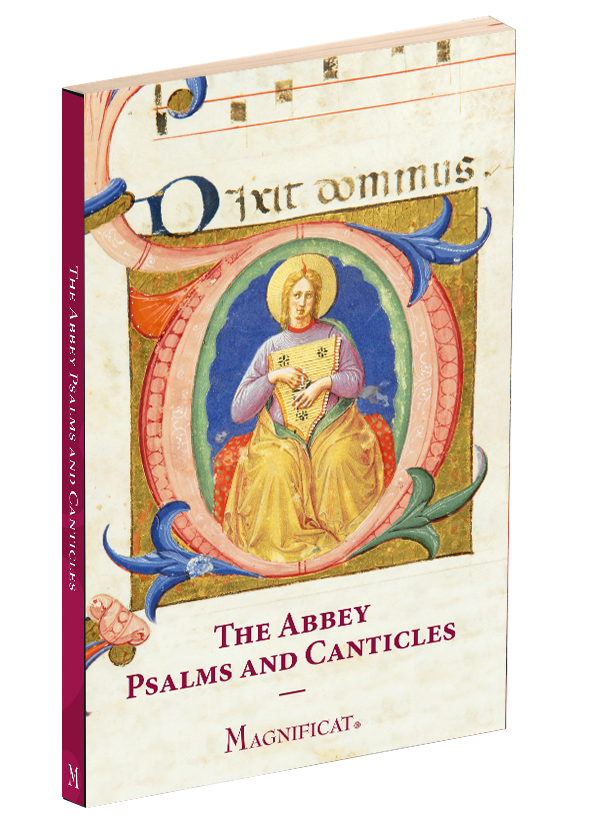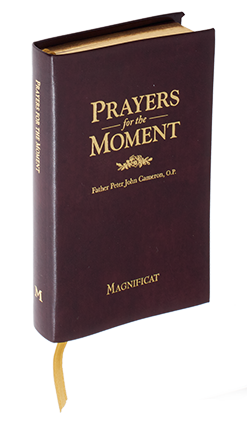It’s a tough thing to have to share. When parents encourage—that is, require—sharing, birthday parties hit the meltdown threshold, grocery shopping trips become miserable, and siblings become mortal enemies. Cries of “it’s not fair,” “she got more than me,” and “that’s mine” rise to the heavens.
As we get older, these tantrums subside (at least externally), but the same root fear endures: What if there isn’t enough for me? Sharing means breaking into portions. Breaking into portions means that my portion becomes smaller. And letting my portion shrink runs sharply against my every instinct of self-preservation. If there are only two slices of pizza, sharing means I go hungry. If there’s only so much money in the piggy-bank, sharing means I become poor. Sharing makes no sense in a dog-eat-dog world. If there’s not enough to go around, I certainly don’t want to be the one left wanting. Why share, when sharing might undermine any chance I’ll ever have of having my needs met?
Do you see, then, the promise held in the bread that is broken and yet that does not run out? Five thousand people, five loaves broken and shared, and all ate and were satisfied (Mt 14:20). Four thousand people, seven loaves broken and shared, and all ate and were satisfied (Mt 15:37). This breaking, this sharing, this dividing does not reduce the size of each portion. This breaking and sharing defies the finitude of this world. This breaking and sharing challenges every instinct of selfish self-preservation, because we see, in a radical reversal of expectation, that the ground of reality is not lack, but abundance. The bread that is broken holds the promise that the most important resource in the world—God’s love—does not, cannot, and will not ever run out.
God became man to reshape our instinctual fear that there isn’t enough for us. We instinctively obsess over what we don’t have, what we think we need, what we want. Sometimes it feels like our heart is an insatiable abyss of need. But Jesus took bread, said the blessing, broke it, and giving it to his disciples said: “Take and eat; this is my body” (Mt 26:26). The bread that is broken—Christ’s broken body—meets the abyss of our need with the bottomless abyss of his love.
God meets our deepest, childlike need to be assured that there’s enough to go around. In fact, when we see him as the answer to that fear, he is made known to us in a new and deeper way: He was made known to them in the breaking of the bread (Lk 24:35). The disciples in Emmaus met the man whose body and soul were divided in death and yet who became the source of life. He let himself be broken so as to share himself, and in being shared, he was not diminished.
Whenever we taste a portion of this bread—whenever we’re washed again with a mercy we cannot manufacture, or fed by a grace, a conversation, a word from outside of us—we meet the Infinite One. Whenever we taste the bread that is broken on the altar, we meet God himself, who is our allotted portion and our cup (Ps 16:5). So we taste what was broken for us and share what we have received, because we know that it will never run out, and that all can eat and be satisfied.









